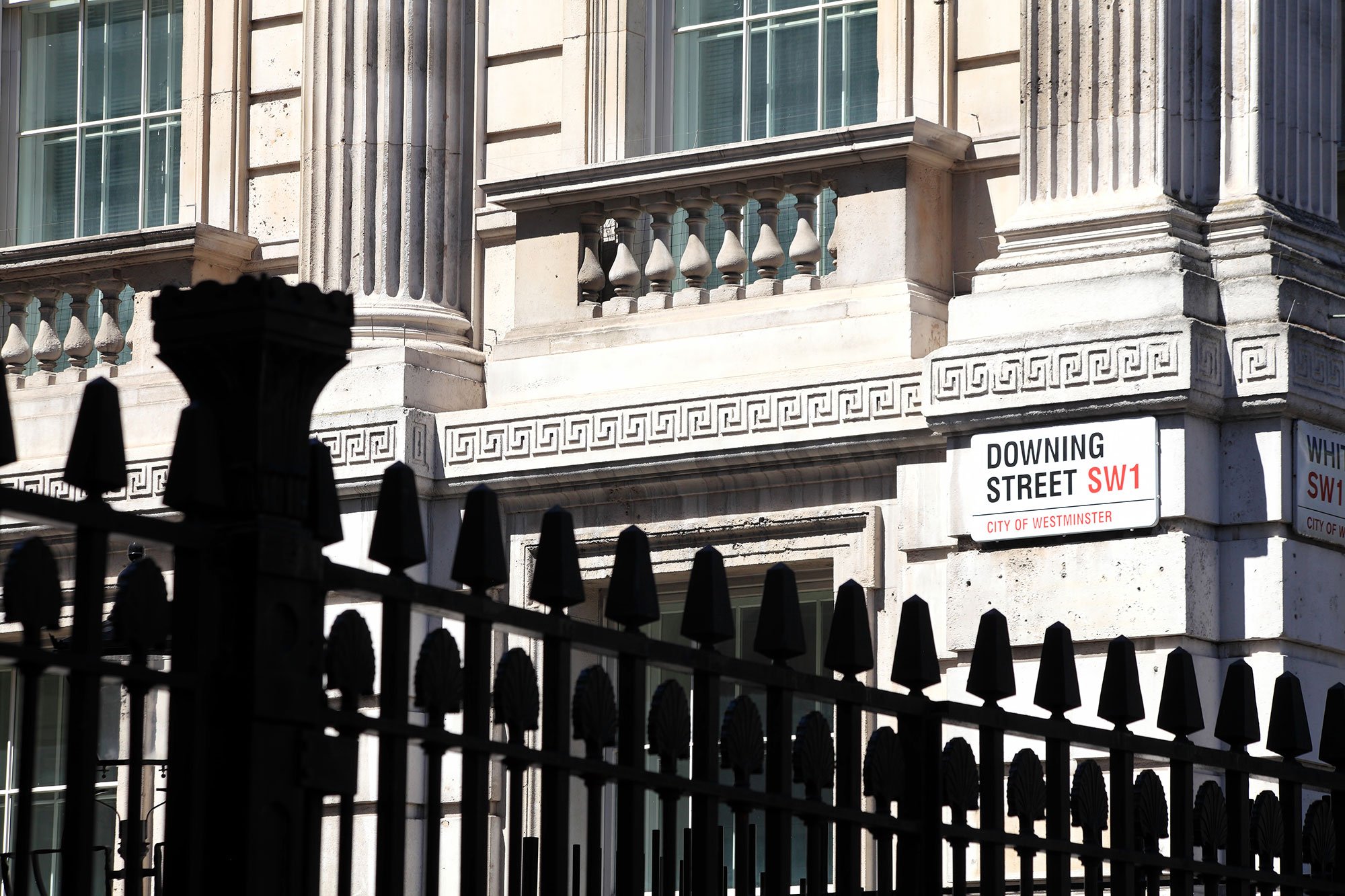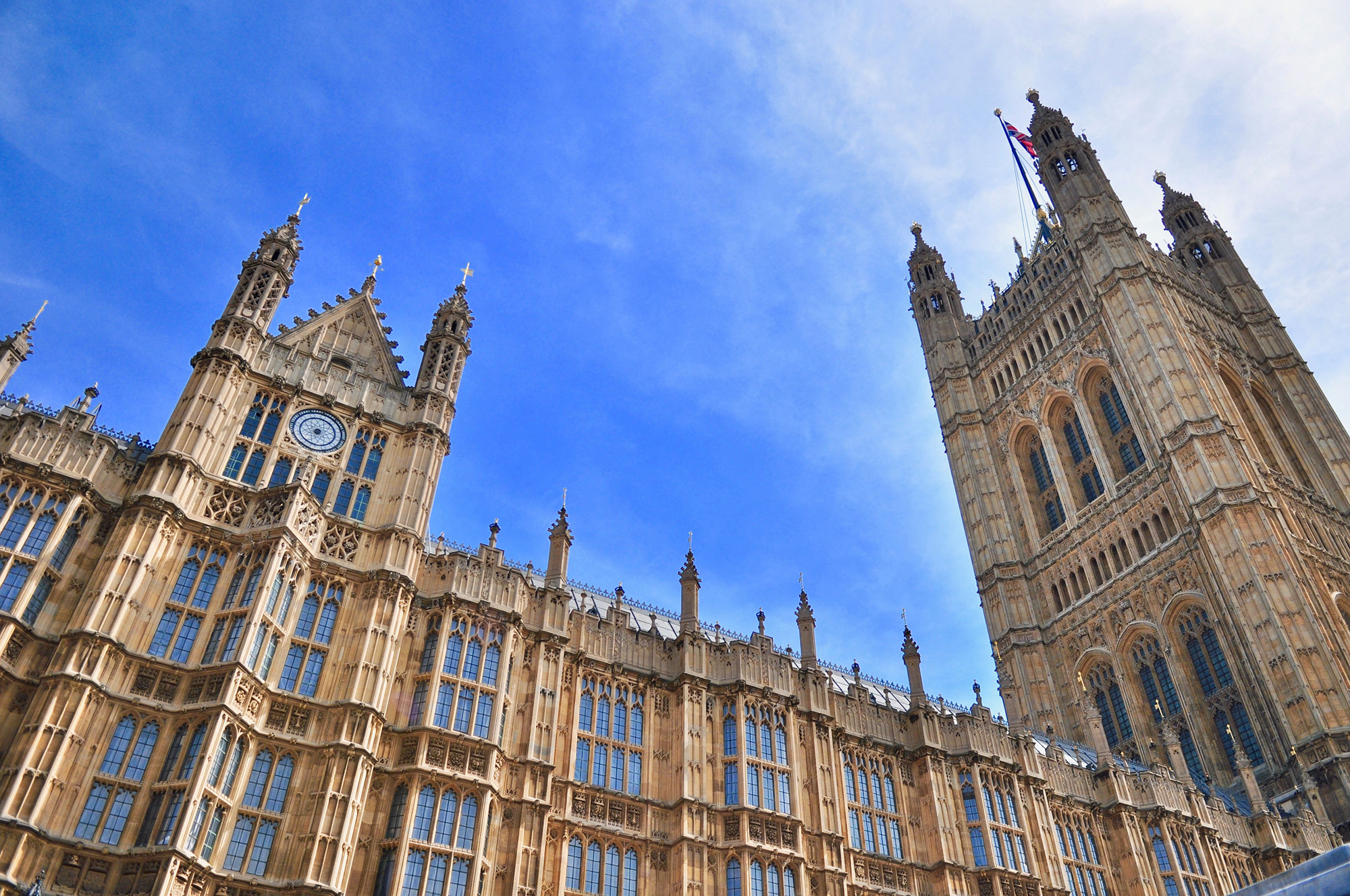Days
Hours
Minutes
Seconds
May 1 2026 - Renters' Right Act Commencement Day
You have 0 days to:
Serve any final Section 21 notices
Stop accepting above-asking rent offers
Prepare for the rental bidding ban
Remove “No DSS” from adverts
Remove “No Children” from listings
Show one clear rent price
Stop using fixed-term agreements
Switch to periodic tenancy templates
Check which tenancies go periodic
Stop taking rent before signing
Take no more than one month’s rent
Move all evictions to Section 8
Train staff on new notice rules
Create Section 13 process flow
Add two months to rent reviews
File court claims for Section 21s
Update landlord move-in grounds
Update landlord selling grounds
Send the RRA Information Sheet
Create written terms where missing
Update How to Rent processes
Review tenant screening questions
Update pet request processes
Stop backdating rent increases
Discuss rent protection backbooks
Act now before it is too late...
Your Guide To the Leasehold and Freehold Bill
A guide to the Leasehold and Freehold Bill. Learn about new regulations, what isn't included in the bill and what the future government may introduce.
The Goodlord team
Jul 16, 2024
Last updated: 16 July 2024
As of May 2024, the Leasehold and Freehold Reform Bill 2023-24 is now law, intending to improve homeownership for leaseholders in England and Wales. Despite the bill passing on the final day of the Conservative Government, it has yet to come into effect.
Leasehold reform first became a topic of discussion in the Conservative Party’s General Election manifesto in 2017. This was when the party first set out its proposals to “crack down on unfair practices” by making it easier for leaseholders to extend their leases, buy their freehold and take over building management.
Now that the Leasehold and Freehold Reform Bill has passed, what can letting agents expect once the bill comes into force?
Here is an overview of the leasehold bill, and what will change for property owners.
- The difference between leaseholds and freeholds
- What will be introduced once the Leasehold and Freehold Reform Bill comes into effect?
- What isn't included in the Leasehold and Freehold Bill?
- What will Labour plan to do for Leasehold and Freeholds?
- When will the Bill come into effect?
The difference between leasehold and freehold
Whether a homeowner owns the building and land it sits on depends on whether there is a leasehold or freehold on the property. But what does this mean?
When a property has a leasehold, it means that you own the property but not the land. The leases are usually long-term and typically range between 99-125 years.
The leaseholder has a contract with the freeholder that explains their legal rights and responsibilities, including to:
- Pay maintenance fees, service charges and insurance
- Pay the annual ground rent to the freeholder
- Ask for permission from the freeholder for any major works
- Adhere to restrictions such as not owning pets or subletting
A freeholder, otherwise known as a landlord, owns the land, structure, and common part of the property. There is no time limit on the ownership of the freehold but there are responsibilities the freeholder has to the property, such as:
- Maintaining the common areas, such as the entrance, exterior walls and roof
- Managing utility supplies for communal areas
- Collecting ground rent and service charges from leaseholders
- Ensuring the property meets health and safety regulations
What will be introduced once the Leasehold and Freehold Reform Bill comes into effect?
Following the ‘Fixing our broken housing market’ White Paper in 2017, the Government has been looking to ‘promote fairness and transparency for the growing number of leaseholders’.
Now the bill has passed, there are long-term changes which will aim to strengthen leasehold and freehold dwellings in England and Wales. These changes include:
- Making it easier for leaseholders to extend their lease or buy their freehold
- Increasing the standard lease extension term to 990 years for houses and flats (up from 50 years in houses and 90 years for flats)
- Greater transparency for leaseholders over their service charge through freeholders or managing agents issue bills in a standardised format so it is easier to challenge
- Making it easier for leaseholders to take over management of their building
- Making it cheaper for leaseholders to exercise enfranchisement rights
- Extend access to redress schemes for leaseholders to challenge poor practice
- Freeholders will need to belong to a redress scheme, as required by the government, so leaseholders can challenge freeholders if needed
- Making buying or selling a leasehold property easier by setting a maximum time and fee for home buying and selling information
What isn’t included in the Leasehold and Freehold Bill?
The key element of the Leasehold and Freehold Bill which has not been included is the cap on ground rents.
Originally the Leasehold and Freehold Bill 2023-24 planned to reduce ground rents for existing leaseholders to zero.
However, in March 2024 following a consultation on the Leasehold and Freehold Bill, it was reported that Michael Gove, Secretary of State for Levelling Up, Housing and Communities, may abolish the introduction of "peppercorn" rates.
A compromise for removing ground rents is instead introducing a £250 annual cap. This would minimise the ground rent amount paid to freeholders, while also maintaining their predictable income stream.
However, the future of ground rents is still up for debate as there were no regulations mentioned when the bill passed.
New flats will also stay leasehold as default, despite the plans to change this in the bill. It was initially proposed that new flats would be commonhold as the default tenure, but it was not amended in the bill.
What will Labour plan to do for Leasehold and Freeholds?
The new Labour Government have further plans to develop the Leasehold and Freehold Bill, once parliament is back in session.
In their manifesto, Labour mentioned bringing “the feudal leasehold system to an end. We will enact the package of Law Commission proposals on leasehold enfranchisement, right to manage and commonhold”.
They also plan to take further steps to ban “leasehold flats and ensure commonhold is the default tenure”.
Labour will also attempt to tackle ground rents. However, it is not clear how they plan to do this.
Download our guide to find out more about what Labour plan to deliver in Government
When will the Bill come into force?
As the Leasehold and Freehold Reform Bill was passed during the wash-up of parliament, the next Government will decide when the bill comes into force.
However, it is more complex than the bill coming into force on a certain date. Certain elements of the Leasehold and Freehold Bill will require further legislation to be implemented.
There are elements of the bill which will be applied to the Building Safety Act on 24 July, which include:
- Section 125 orders are no longer in effect - Section 125 meant that if a landlord of a building with defects ever becomes insolvent, certain bodies associated with the landlord must pay the costs for the defects
- Introducing “Relevant Steps” - the leaseholder must now make relevant steps for the following
- “Preventing or reducing the likelihood of a fire or collapse of the building as a result of the relevant defect”
- “Reducing the severity of any such incident”
- “Preventing or reducing harm to people in or about the building that could result from such incident”
The National Residential Landlords Association (NRLA) believes that the Leasehold and Freehold Reform Act won’t come into effect until 2025/2026.
This article is intended as a guide only and does not constitute legal advice. For more information, visit gov.uk.










